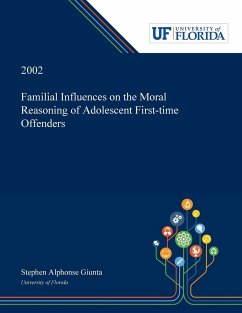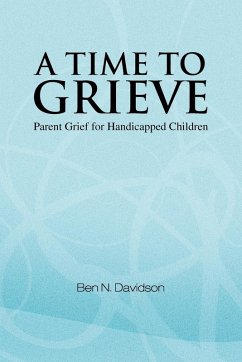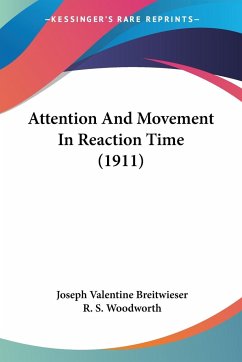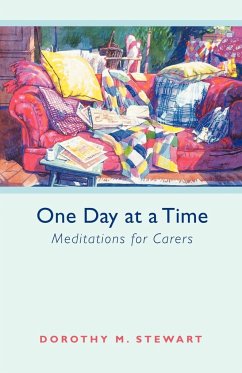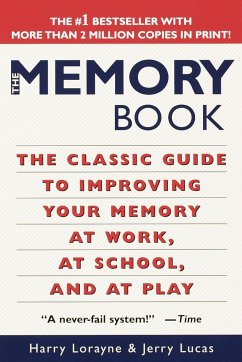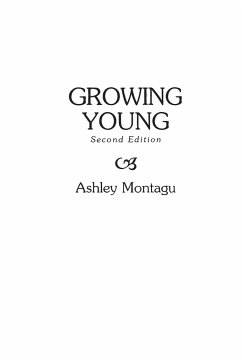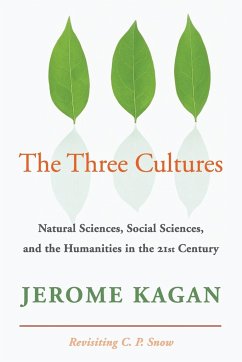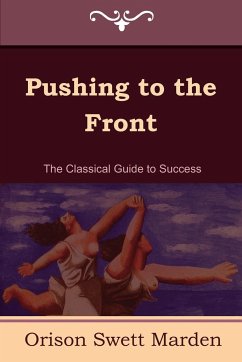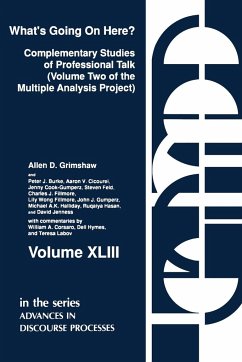
Time Statues Revisited
On the Job
Versandkostenfrei!
Versandfertig in 1-2 Wochen
49,99 €
inkl. MwSt.

PAYBACK Punkte
25 °P sammeln!
Time is a place. Each moment is a statue in time, always rooted in that time and that place. Visits include Martin Luther King Jr., Timothy Leary, Pat Norman, Rollo May, Allen Ginsberg, Ernst Beier, Singapore, Guam, Hawaii, New Zealand, Australia, Japan, a Taotaomona jungle spirit. This is the first of a five book series as follows: TIME STATUES REVISITED: ON THE JOB





